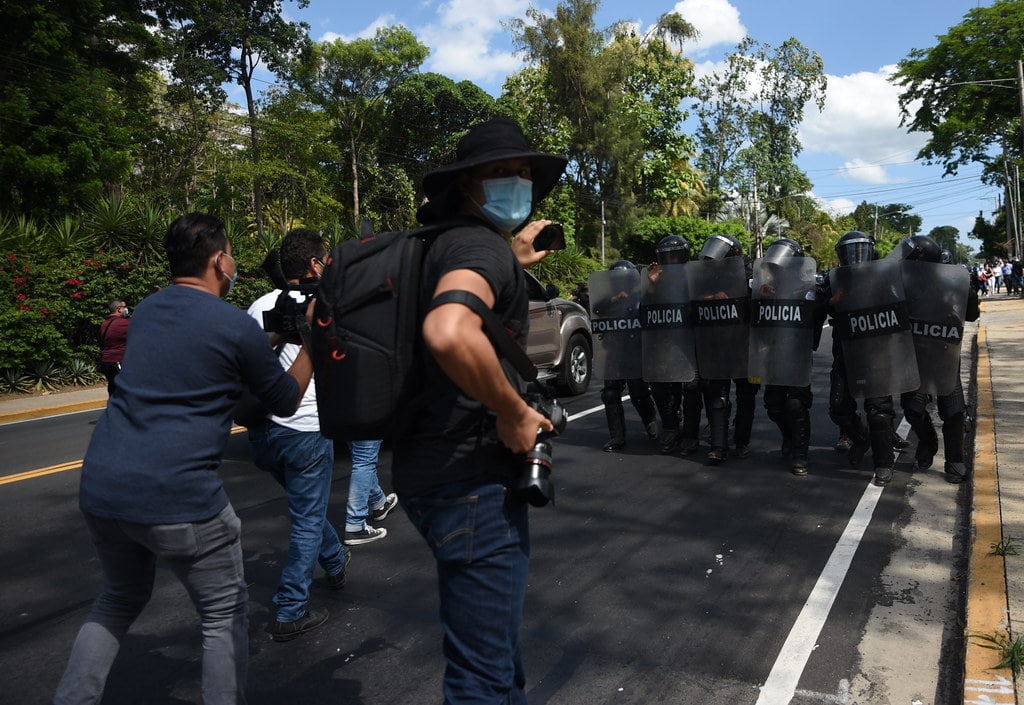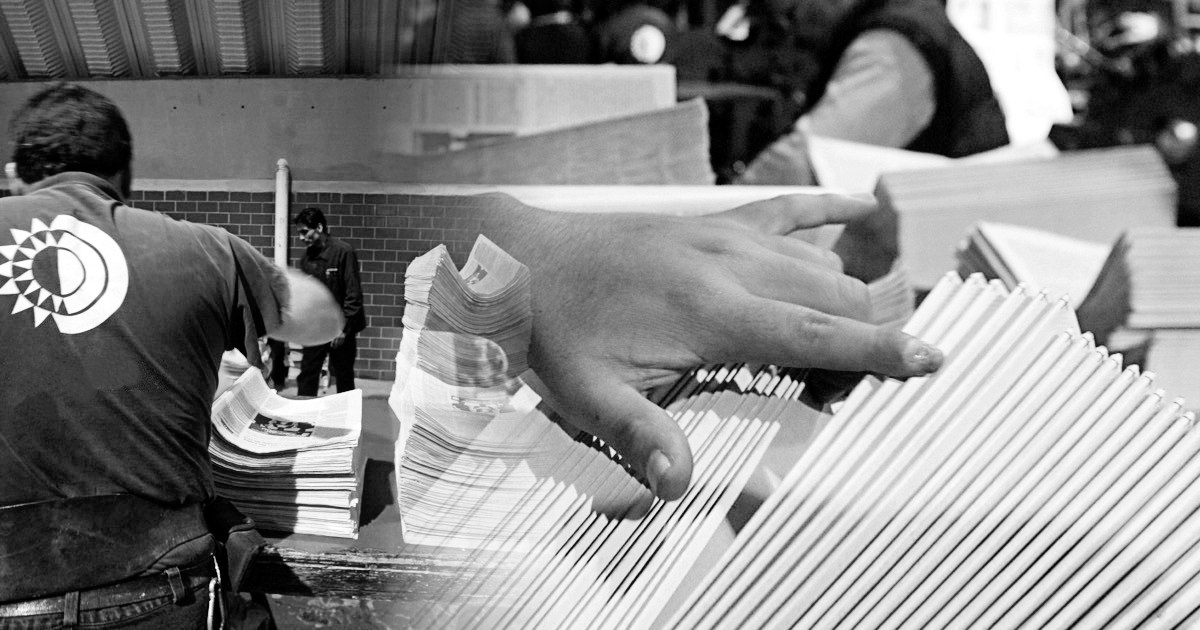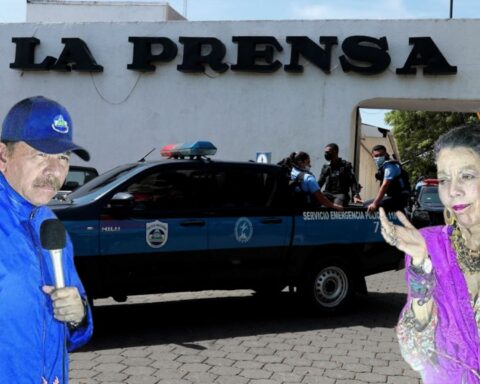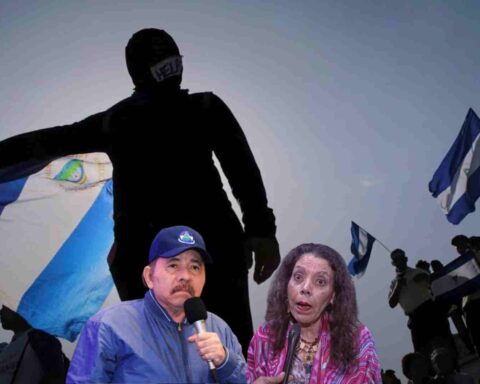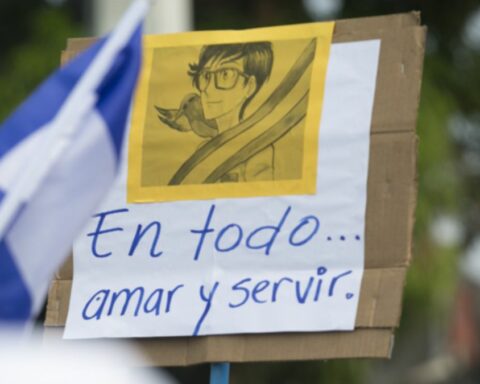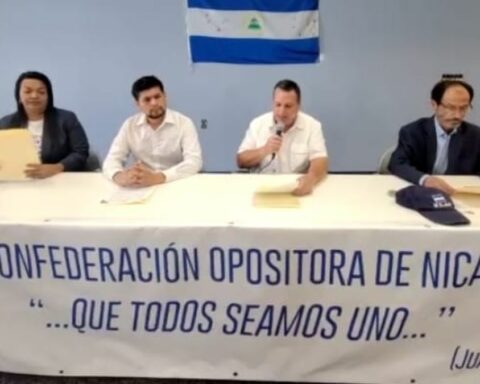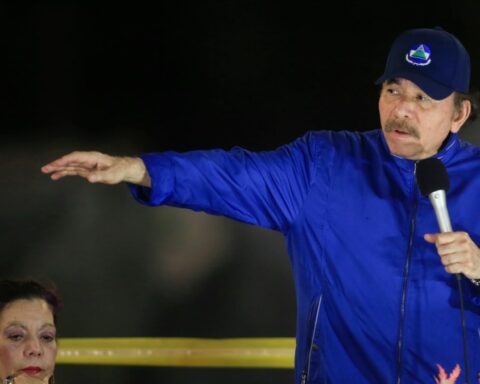Nicaraguan journalism has had to “constantly reinvent itself” and “look for alternatives” to bring information to the most remote areas of the country, due to the onslaught of the dictatorship of Daniel Ortega and Rosario Murillo against freedom of the press and the media of communication, but thanks to this effort “censorship has not been possible in the country,” said directors of media canceled and confiscated by the regime.
Director of radio darioAníbal Toruño —who was stripped of his Nicaraguan nationality and his assets in the country were confiscated— positively assessed that on National Journalist Day “we continue to fight” against the regime and despite the hostile context “censorship has not been possible” in the country.
“The (sociopolitical) crisis has made us change. The medium that I run (Radio Darío) today is totally different from what we did on traditional radio,” Toruño highlighted. “We have found alternatives, ways and means to continue reporting and also to reinvent ourselves.”
Among those alternatives that Toruño raised, in the program Tonight where he participated together with the journalists Argentina Olivas, from Radio Vos, and Patricia Orozco, from Agenda Propia, there is the migration of analog media to digital platforms, collaborative journalism and the work of “a network of correspondents and journalists who are working in Nicaragua ”.
Nicaraguan journalism “has been brave, persevering and has always been there.” Although Ortega and Murillo “have exiled and expropriated the most visible, there are the invisible, the journalists who are in each of the departments, who continue to support and help the media generate content,” stressed the director of Radio Darío .
Lack of reaching rural areas
However, journalist Argentina Olivas, from radio youconfiscated by the dictatorship on August 2, 2022, pointed out that when leaving the radio spectrum, a large part of the coverage was lost in rural areas of the country, where there is still no good internet connection.
“Our radio (Vos) reached mostly rural areas. When it was closed (and moved to a digital platform) the urban audience was maintained, but the rural one is less. But we’re trying to reach this rural audience through an app on social media, and people are trying to tune in to us with data.”Olives explained.
Toruño emphasized that the reach that Radio Darío had with the rural population of the western “has been reduced”. Vpraised that the regime knows that “Radio is one of the media that has the greatest rural penetration and that is why it pulls (attacks)“, and for that reason “we have to work a little more and find a radio that can reach the peasants”.
On Radio You “we keep looking for alternatives”Olivas said. “It is clear that this situation has affected the production of content; however, we maintain the educational programs, we are venturing into audiovisual media, which is a production that we have been improving and expanding and we have fStrengthened media alliances and collaborative journalism”.
Toruño, for his part, said that the migration from analogue to digital media is a “good alternative”, but this migration poses new challenges for local media.
“The fact that they took us out of a traditional medium, such as radio, caused us an unquestionable economic impact,” Toruño commented. In addition, migrating to the digital plane means “throwing ourselves into an environment where you are (Tonight) that they are bigger, that they are advanced and very competitive”, he opined.
The sources are afraid
the journalist Patricia Orozcofrom the digital platform Agenda Propia, highlighted “the resistance” of independent journalism in Nicaragua for the past five years. Which “go and go” and “the regime He couldn’t shut him up.”
Despite the fight against censorship, Orozco warned that “there is a genuine fear” by information sources, who regularly request “that don’t show my face, change my voice” so as not to be identified. This situation forces the media to redouble their efforts to stop the advance of censorship.
He stressed that “hThere are some experiences of people who call you, who write to you, and tell you that they have information”, but those are exceptional cases.

